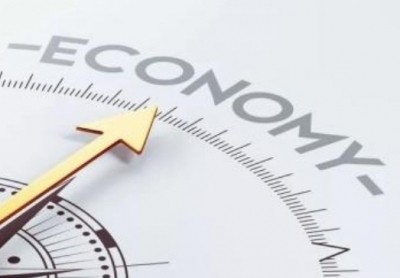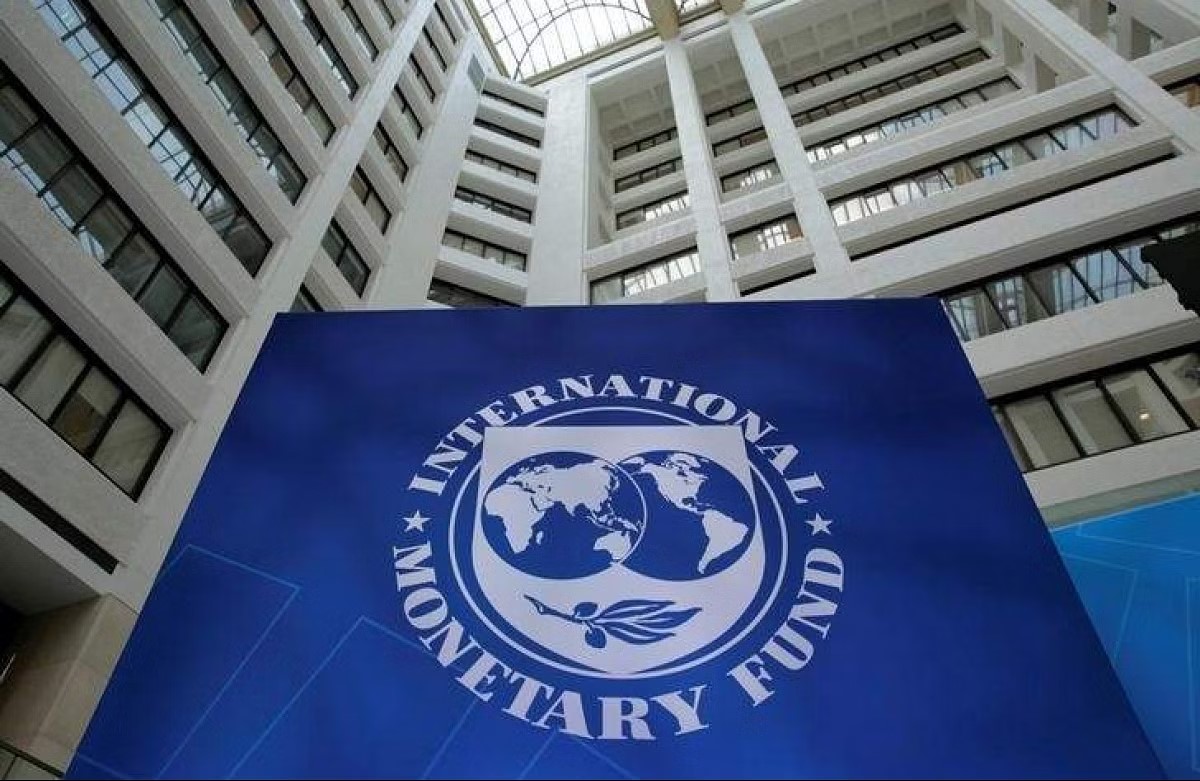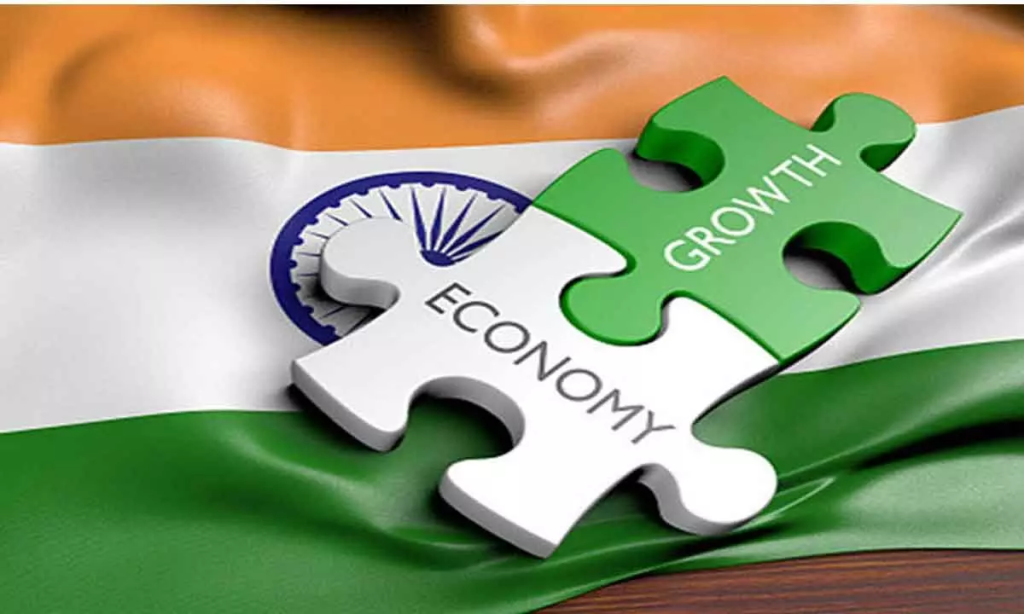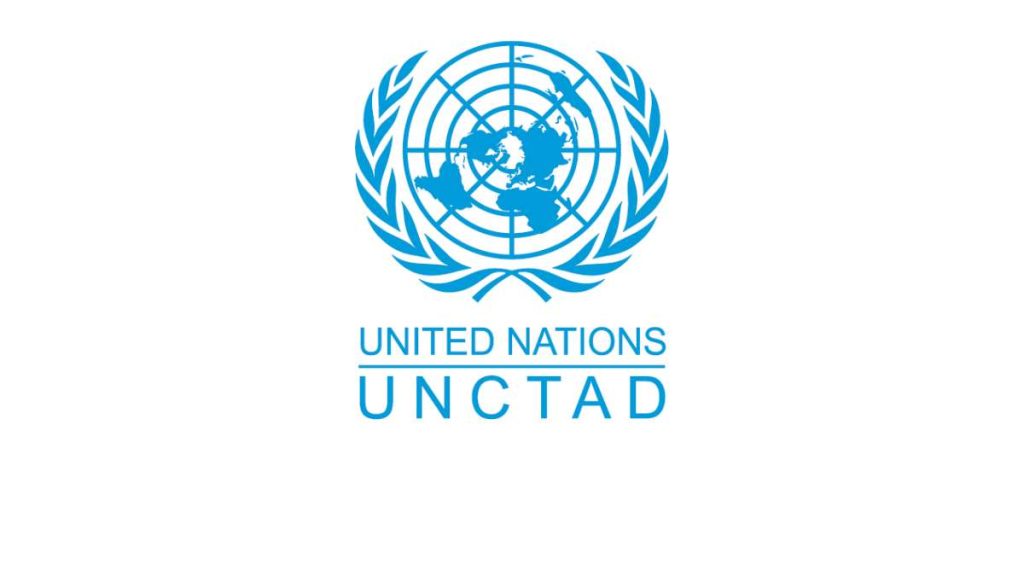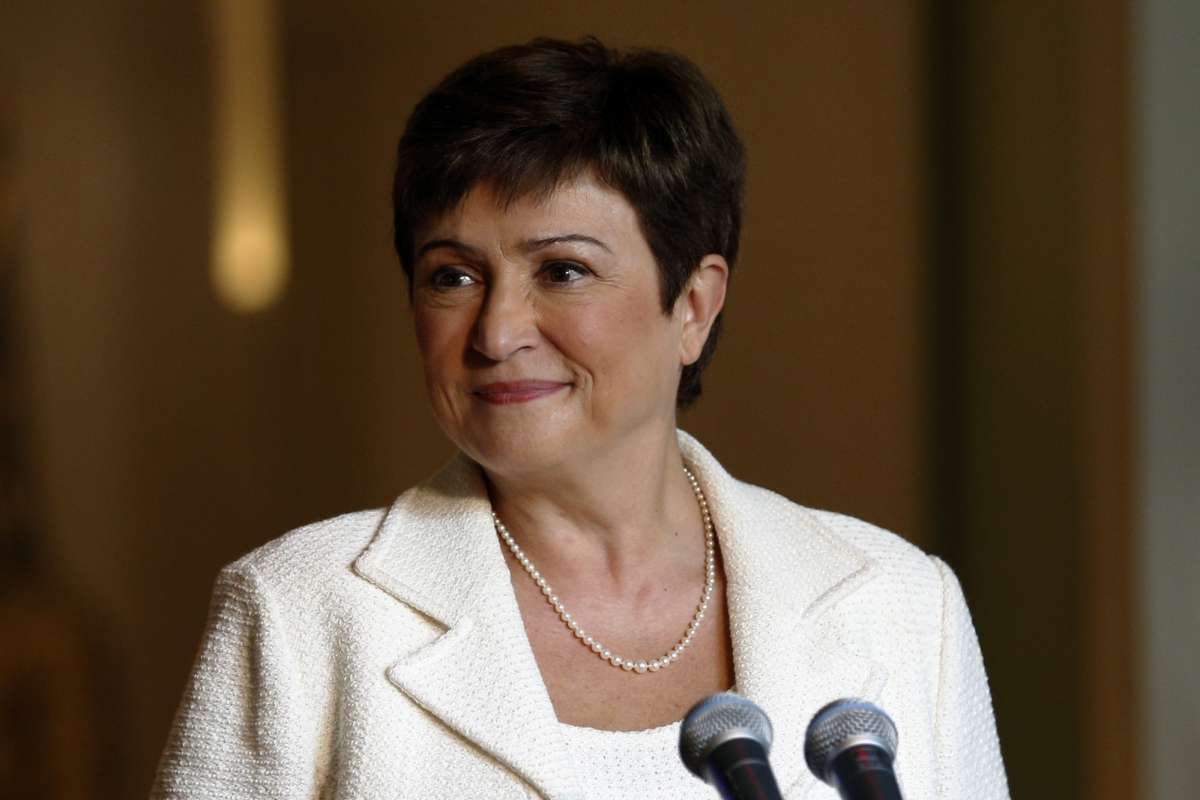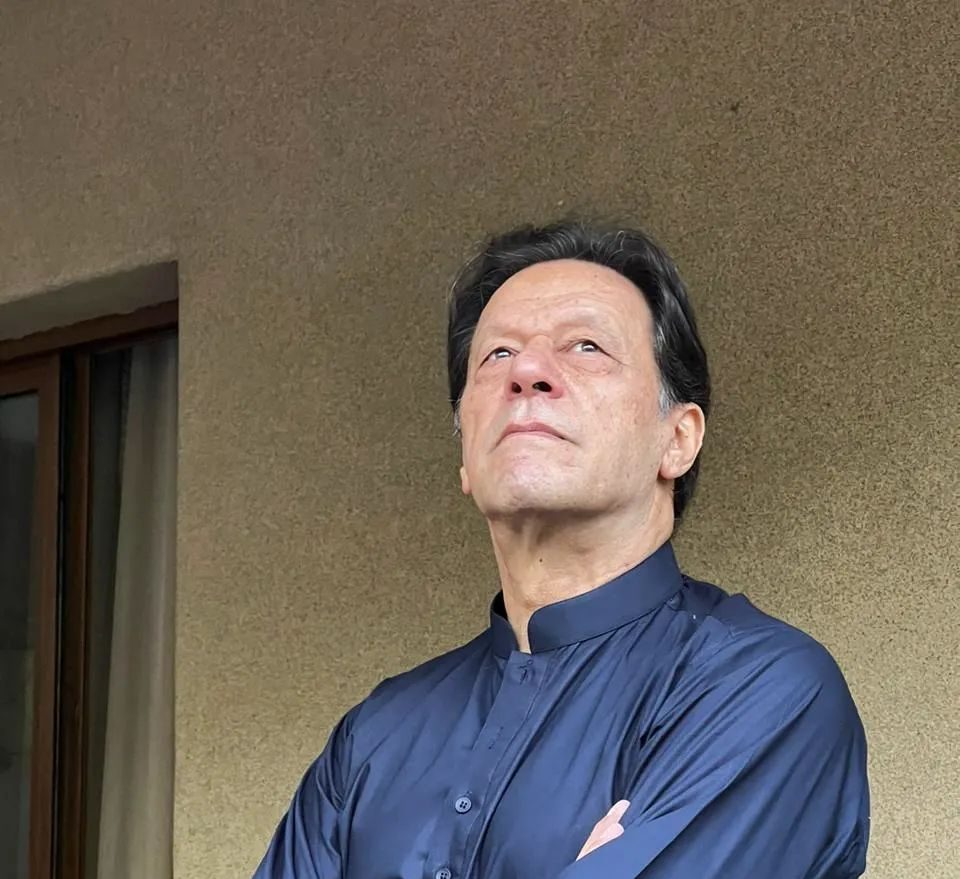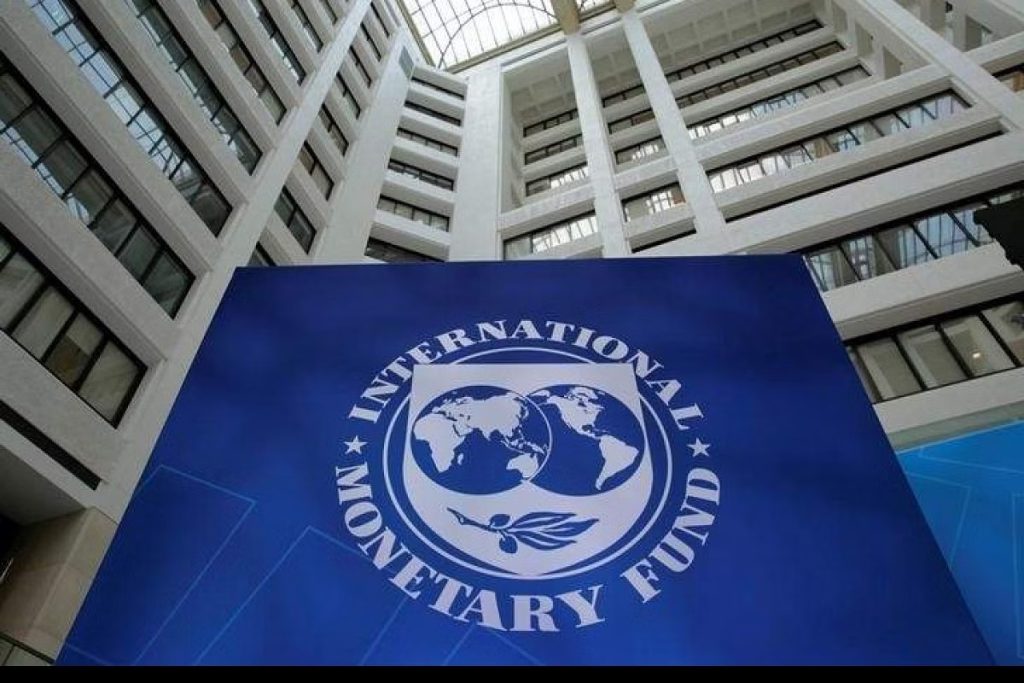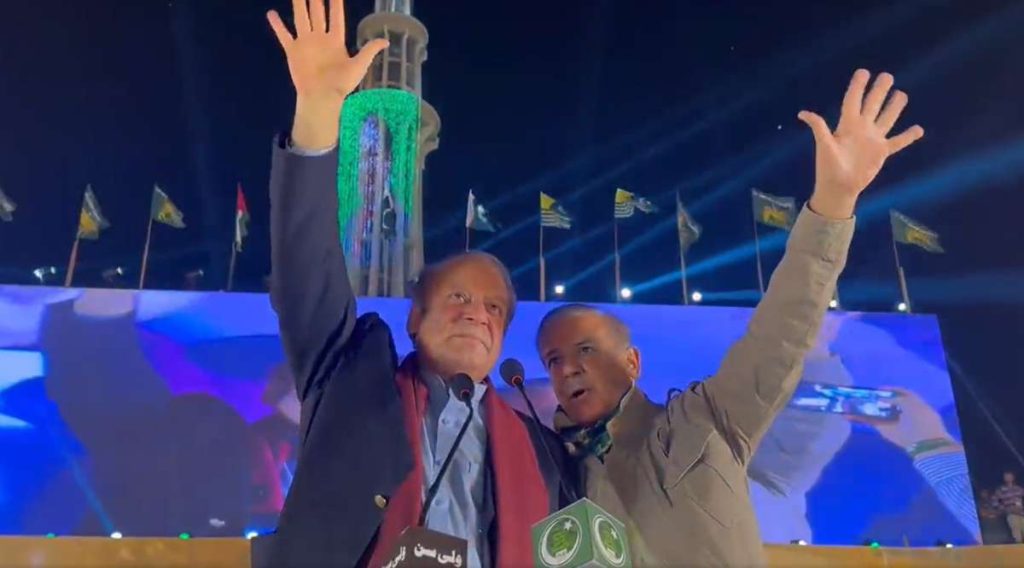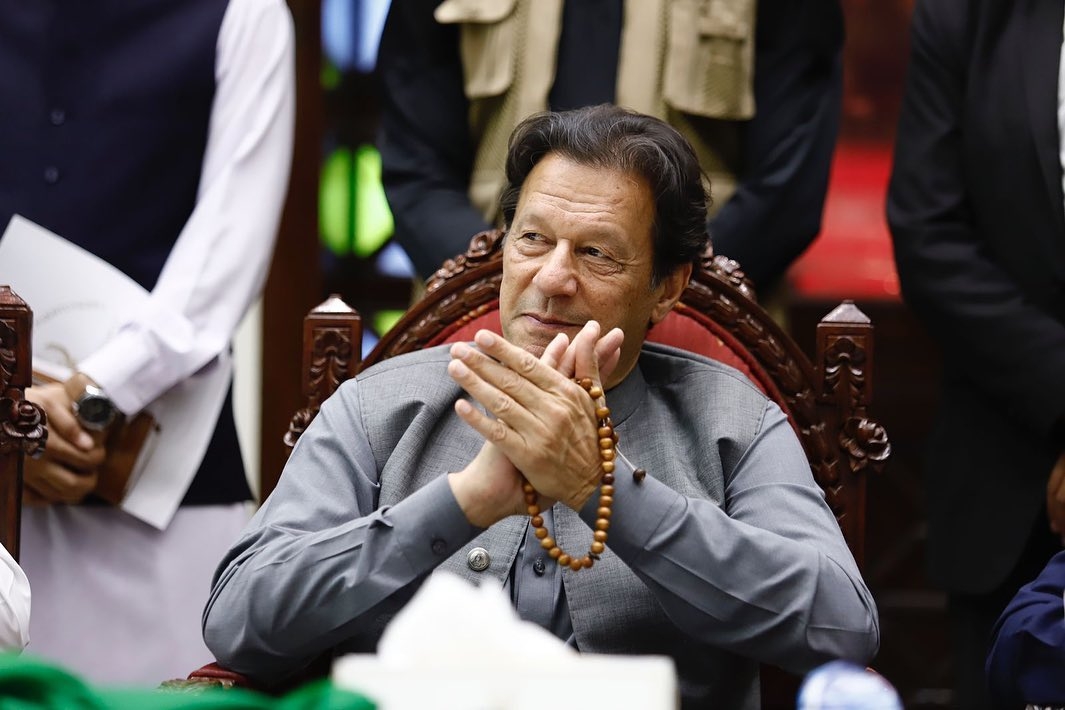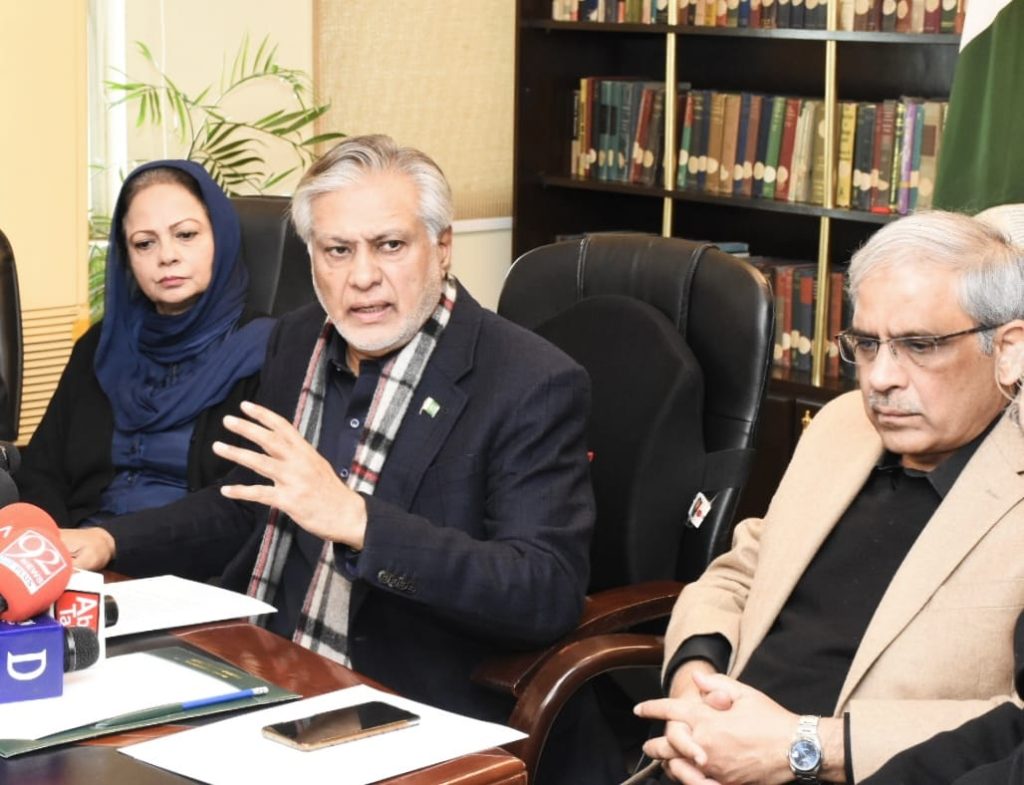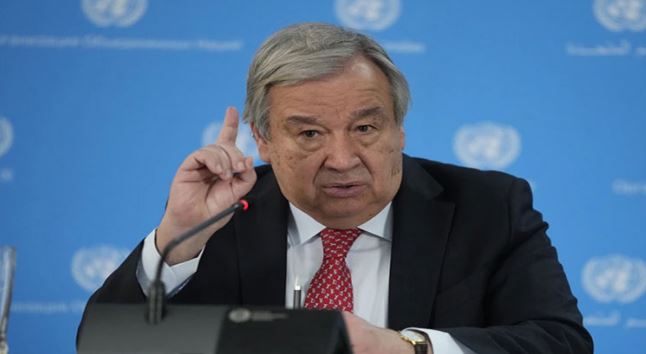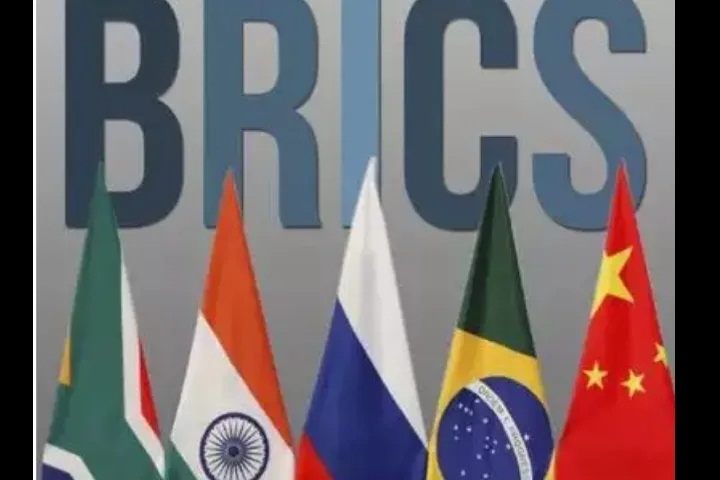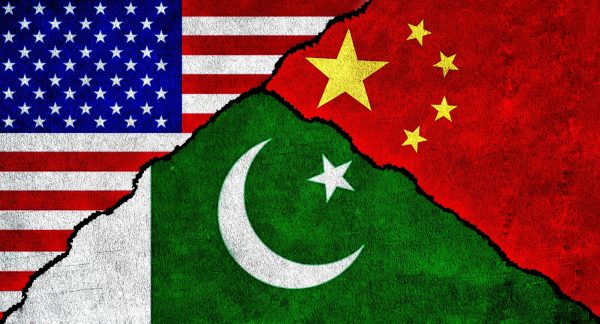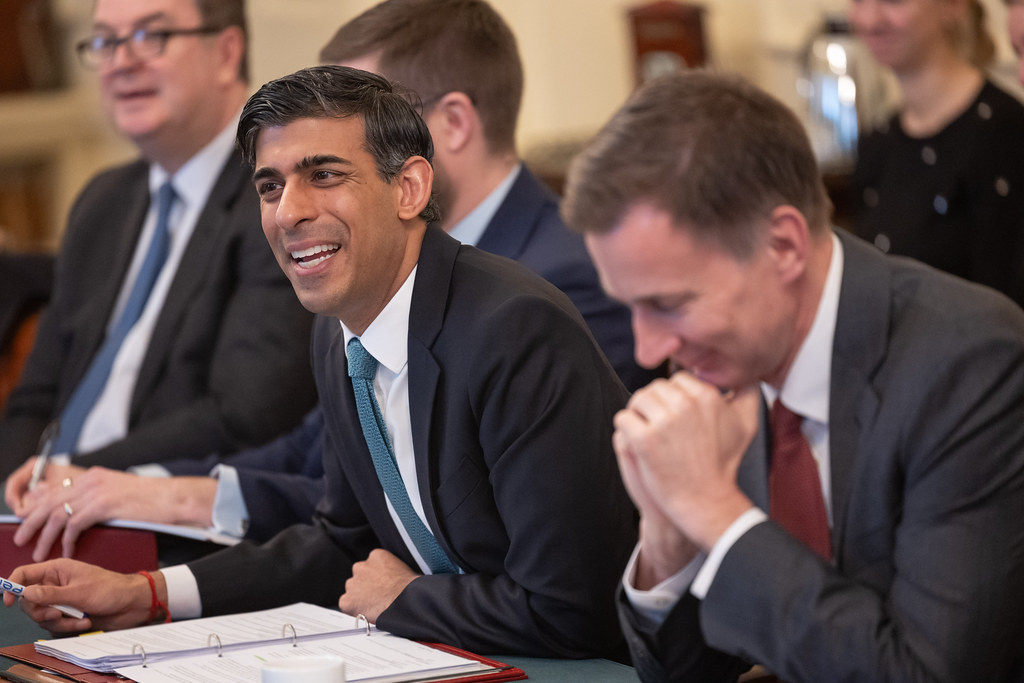As China lags due to its real estate sector downturn and US sanctions causing economic strain, the IMF report highlights India and other G20 emerging markets like Brazil poised to lead global growth and trade…reports Asian Lite News
Multilateral institutions such as the IMF and UNCTAD view India as a potential driver of global economic growth going ahead, as the country has become the fastest-growing emerging economy while China’s GDP growth has been pegged at 4.6 per cent in 2024 and expected to slow down further to 4.1 per cent in 2025.
The IMF’s World Economic Outlook report, released on Tuesday, has not only raised India’s growth forecast by 0.3 percentage points to 6.8 per cent for 2024-25 but also sees the country as a bright spot “supporting global growth over the medium term and spill over to other countries”.
With China having fallen behind after the crash in its real estate sector and US sanctions triggering an economic slowdown, the IMF report views India and other G20 large emerging market countries such as Brazil playing a bigger role in the global trading system and pushing global growth going ahead.
The IMF report also vindicates India’s economic policy as it attributes the robust growth rate to a “strong domestic demand”, which has been created by a huge increase in government expenditure on large infrastructure projects such as highways, railways, ports and power plants along with a revival in rural demand.
Stepped-up allocations for agriculture, rural employment schemes such as MNREGA and special programmes for women self-help groups have helped to bolster rural demand and create a larger market for industrial products.
During the 10-year tenure of Prime Minister Narendra Modi’s government, over 90,000 kilometres of national highways have been built which is almost twice that constructed in the preceding 10 years, according to official figures.
Government investment in highway infrastructure shot up more than four-fold to a staggering Rs 2.4 lakh crore in 2022-23 from Rs 51,000 crore in 2013-14.
The latest UNCTAD (UN Conference on Trade and Development) report, released on Tuesday, forecasts global economic growth at 2.6 per cent in 2024, barely above the 2.5 per cent threshold commonly associated with a recessionary phase.
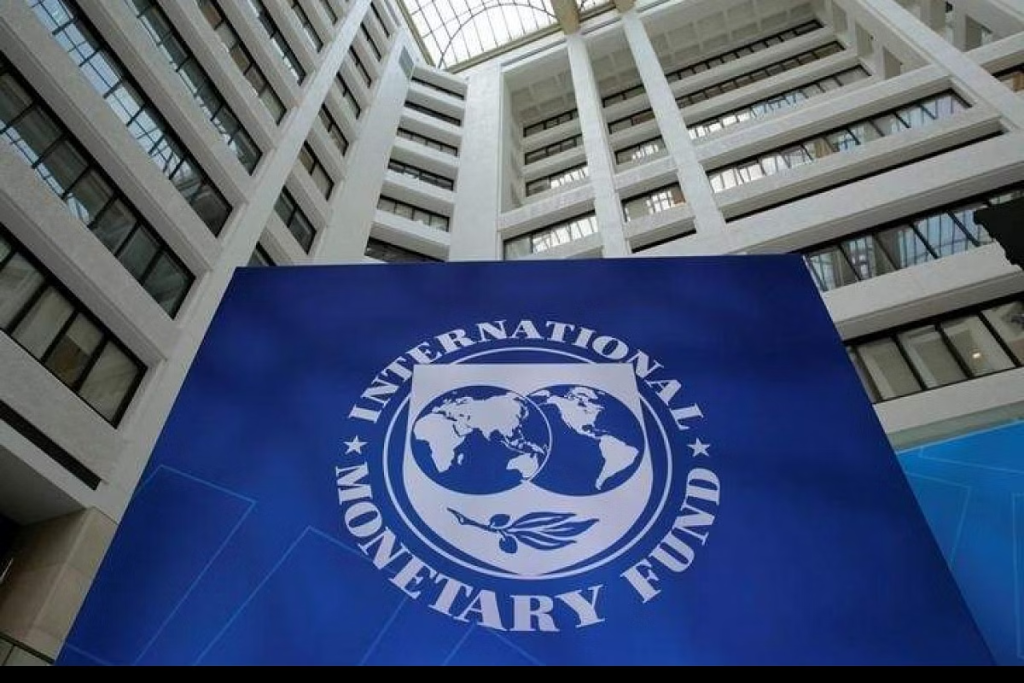
However, amid the gloomy global scenario, it states that India’s economy is buoyed by strong public investment and service sector growth, with a forecasted expansion of 6.5 per cent in 2024.
India is expected to maintain its rapid pace of road construction with the addition of up to 13,000 kilometres in 2024-25, an increase of 5 to 8 per cent over the previous year, according to a report released by rating agency ICRA on Tuesday.
“The pace of execution in this fiscal will be supported by a healthy pipeline of projects at above 45,000 km as of March 2024, increased capital outlay by the government and focus on completion of projects by the Ministry of Road Transport and Highways, ” the report states.
Government investments in big infrastructure projects create more jobs and incomes that have a multiplier effect on the economy as demand for products such as steel and cement also goes up, which leads to more private investments and employment. With the creation of more jobs demand for consumer goods also increases leading to a further acceleration in the country’s economic growth rate.
To ramp up the virtuous cycle of investment and job creation, the budget for 2023-24 sharply increased the capital expenditure outlay on infrastructure projects by 37.4 per cent to a whopping Rs 10 lakh crore from Rs 7.28 lakh crore in 2022-23.
The interim budget, presented by Finance Minister Nirmala Sitharaman in February has gone in for another 11.1 per cent increase in the outlay for infrastructure projects to Rs 11.11 lakh crore to spur growth. The increase that comes on top of a large base of the previous year will result in massive investments to spur growth. The Finance Minister pointed out that this will also attract big investments from the private sector which will add to the growth momentum.
Since the government has cut the fiscal deficit, it will need to borrow less which will leave banks more funds to finance the investments of private sector companies to accelerate growth and create more jobs.
ALSO READ: IMF Bullish on India
ALSO READ: Byju’s Rights Issue Gets Green Light

